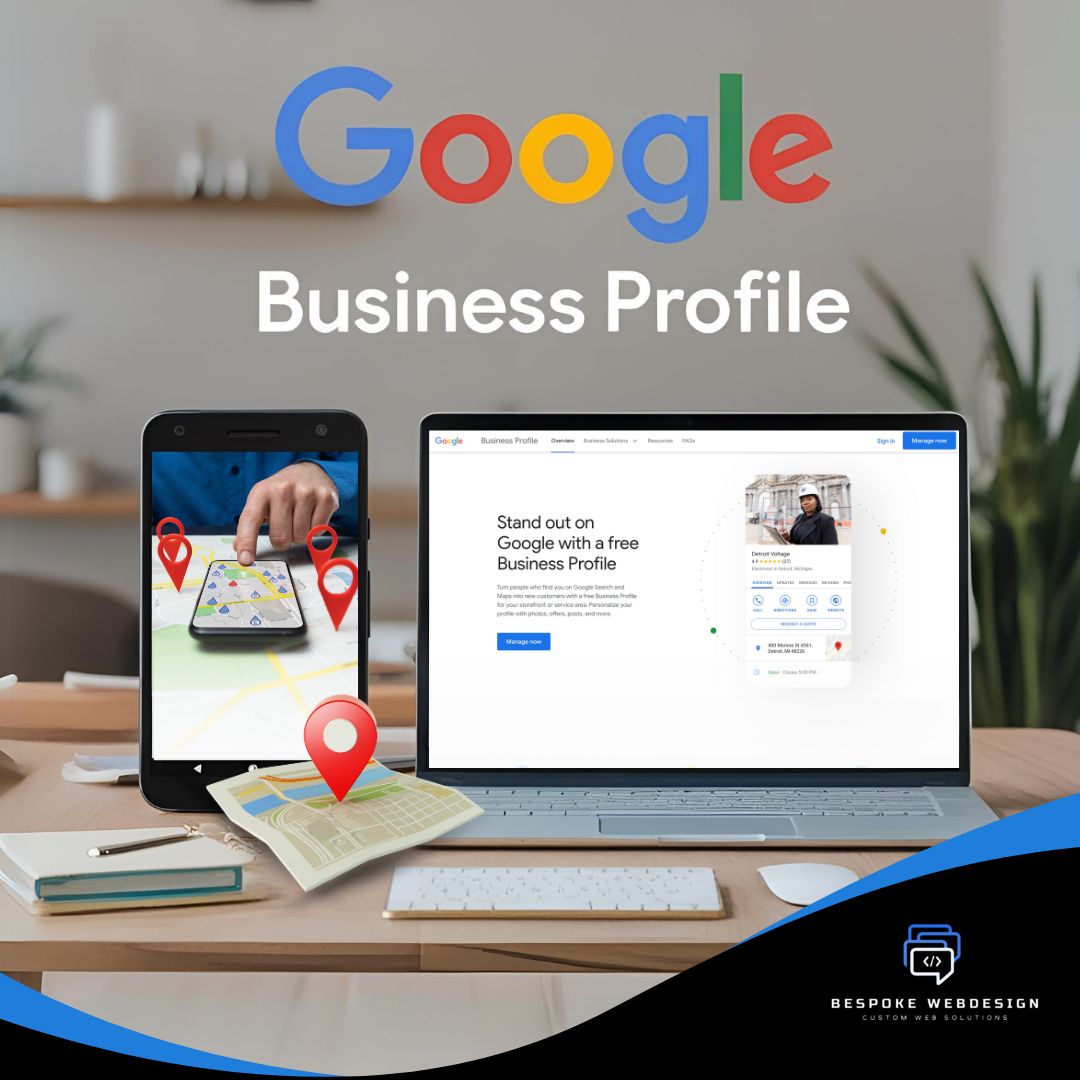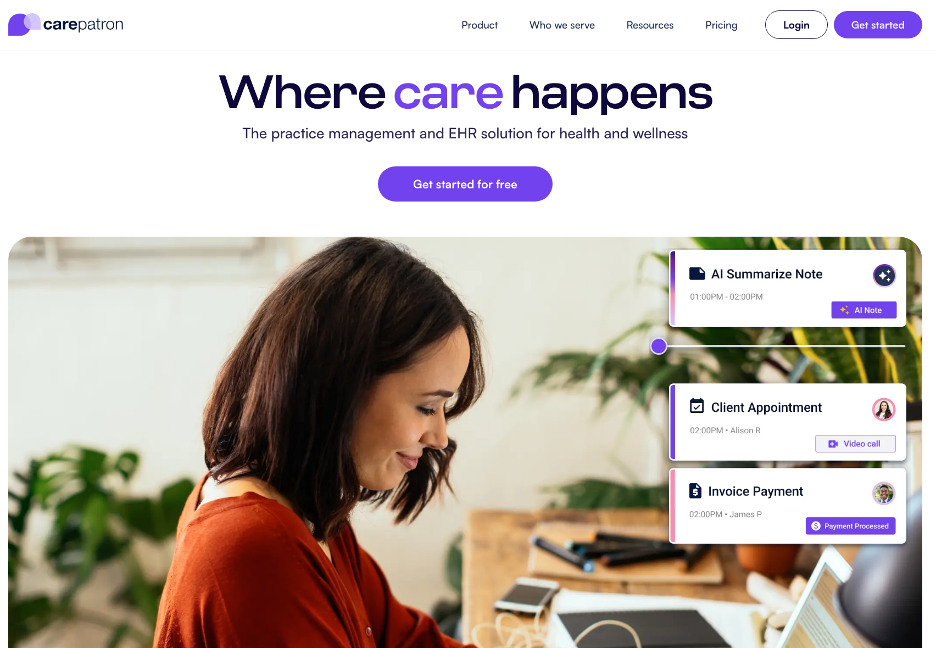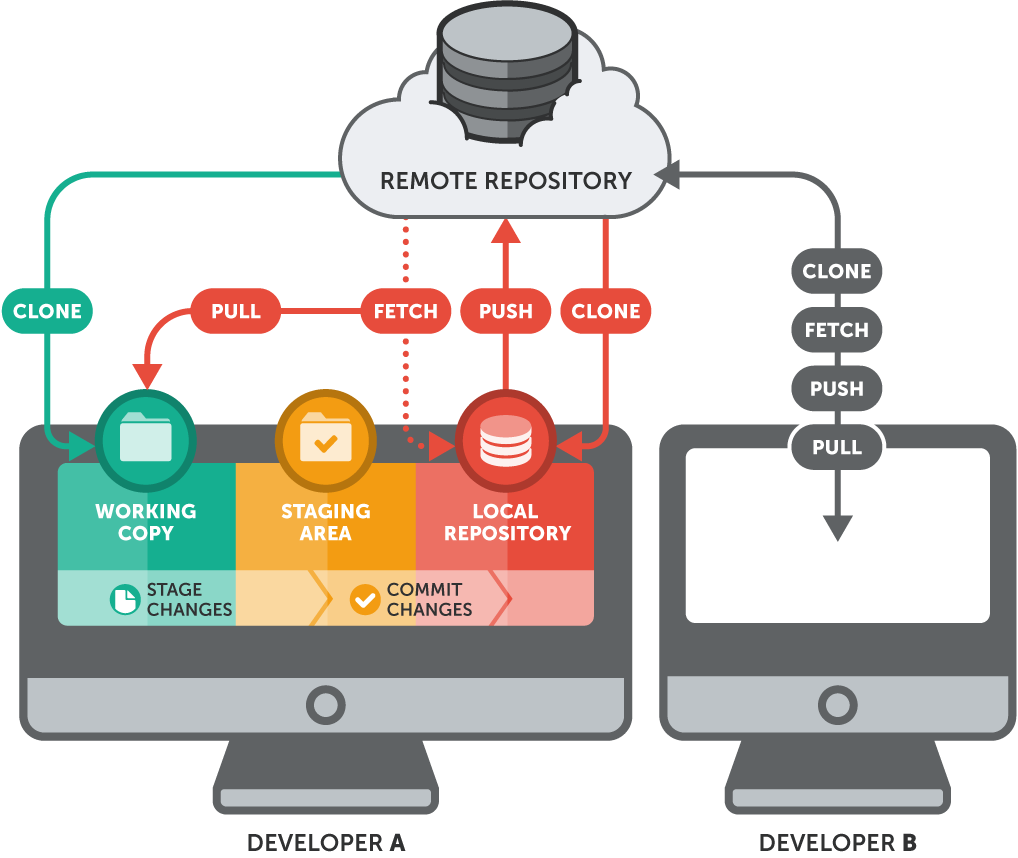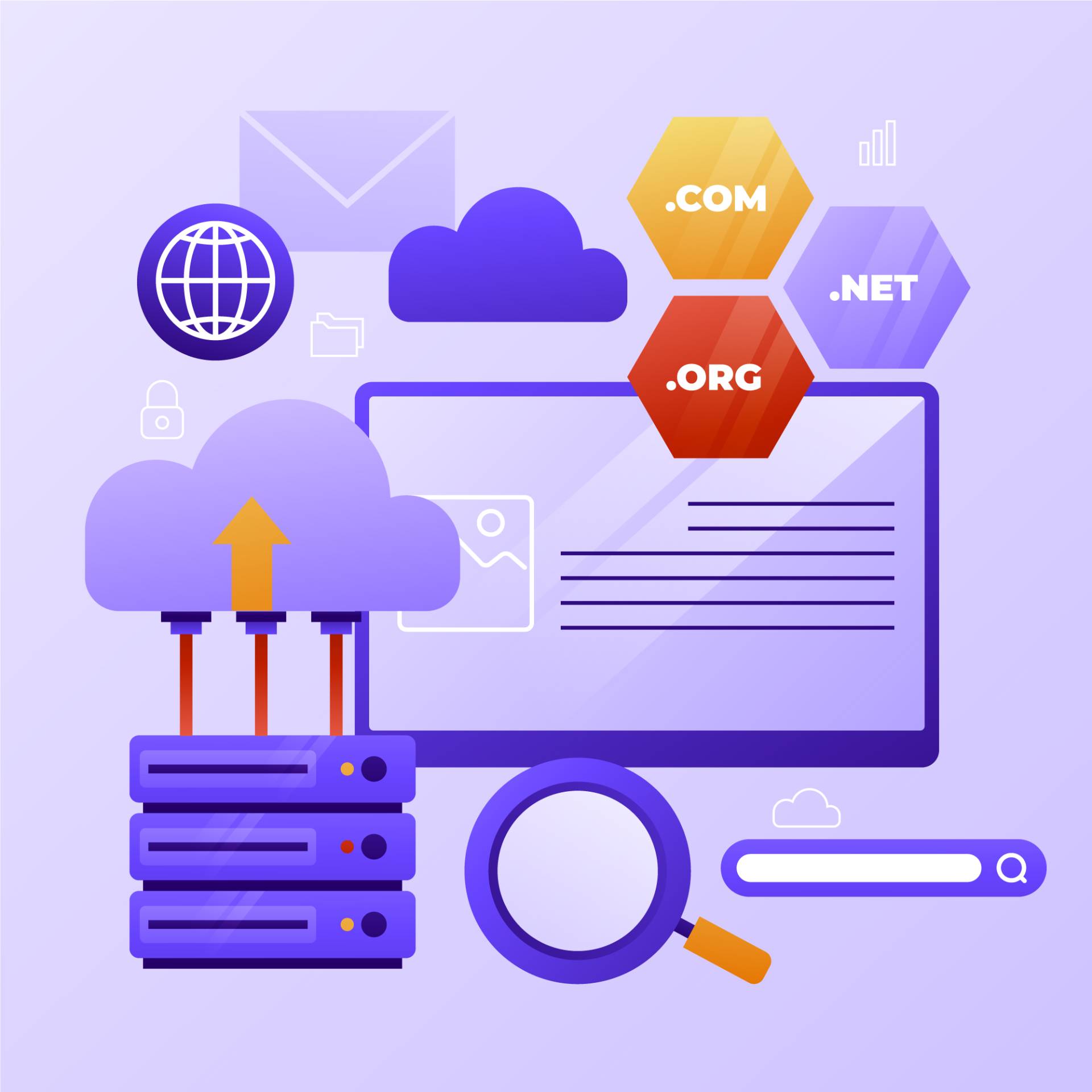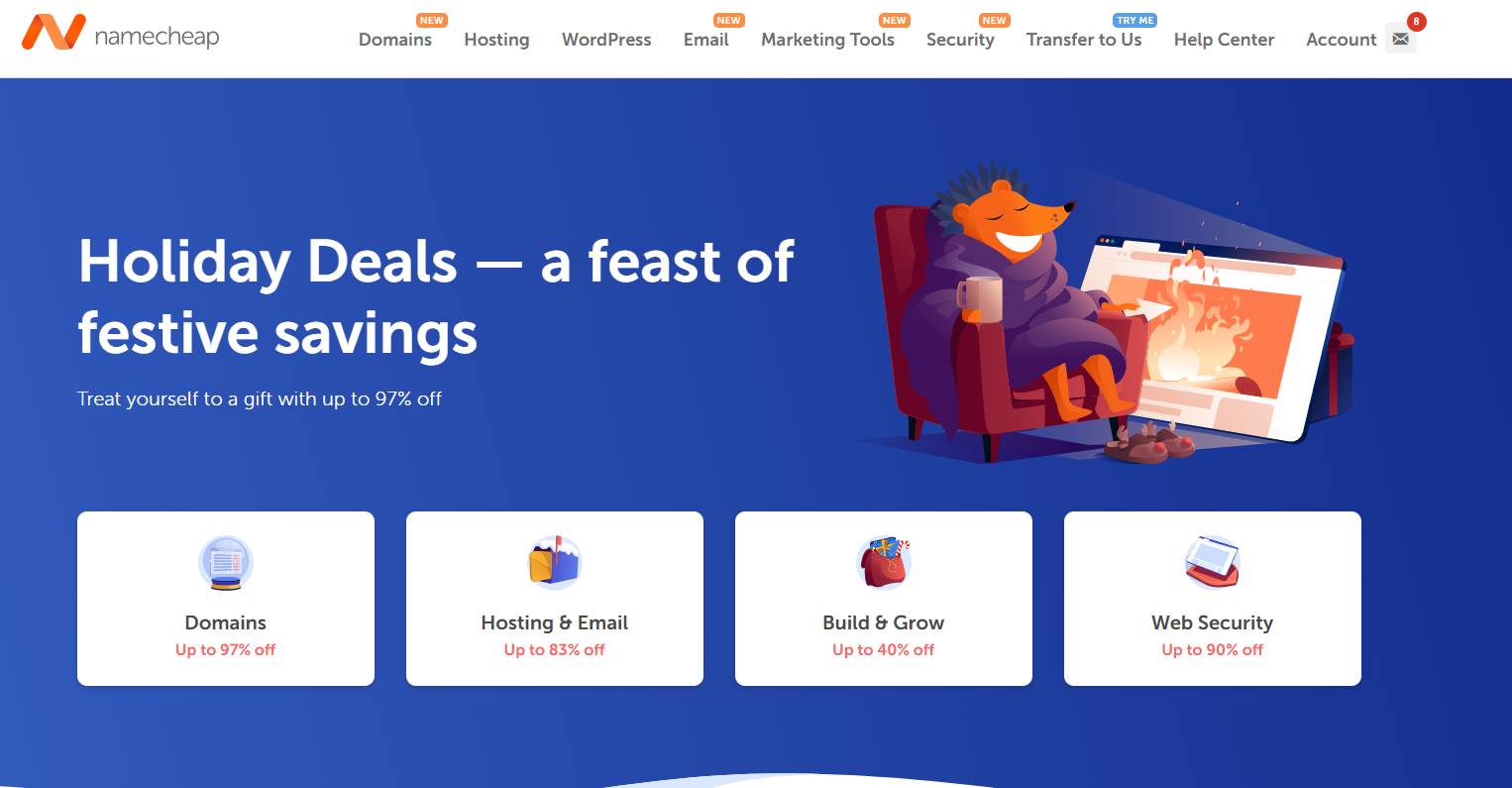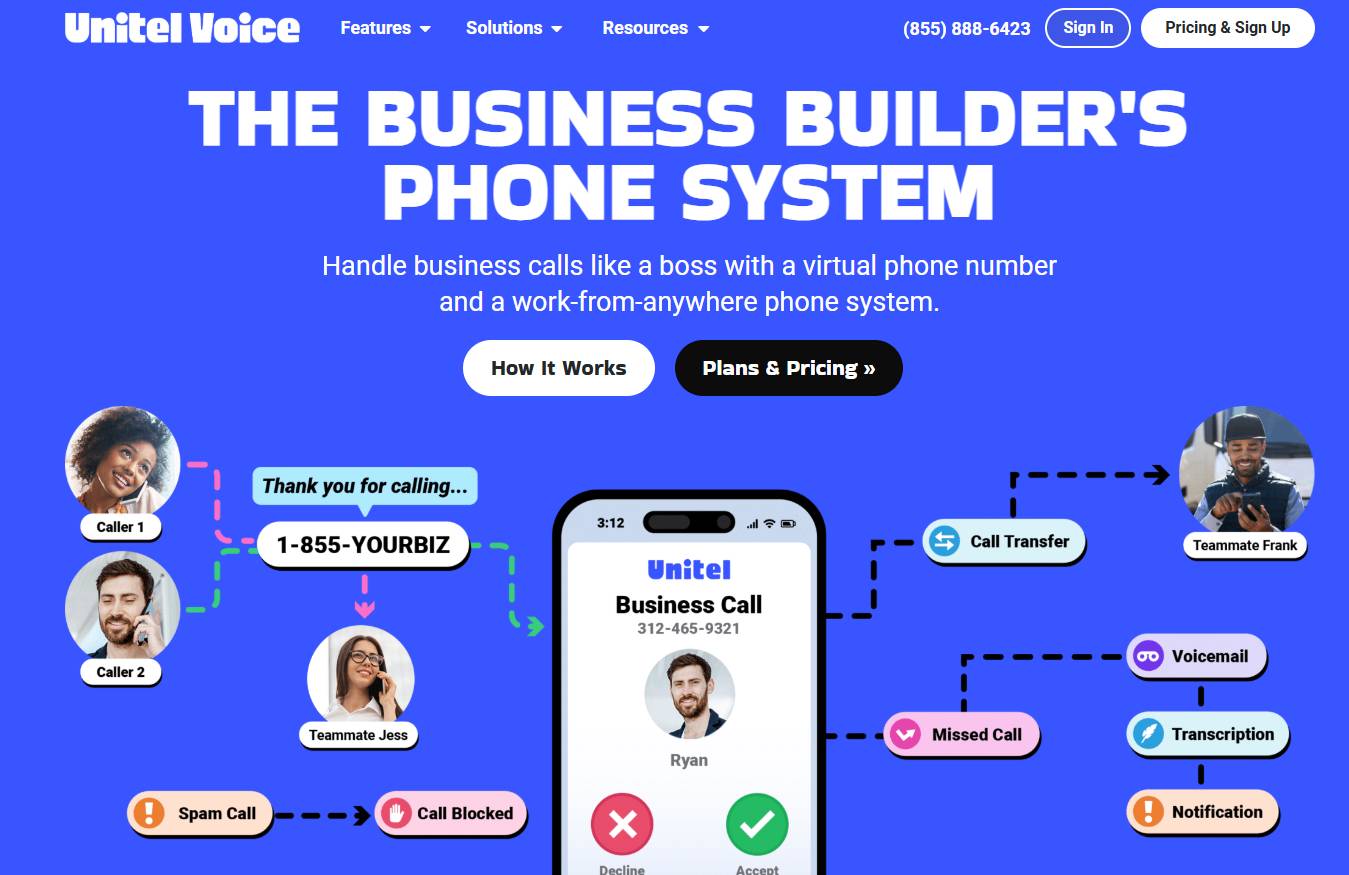
WordPress has officially banned WP Engine, affecting millions of websites
WordPress has officially banned WP Engine, affecting millions of websites.
In recent weeks, the web development community has been buzzing with news that the WordPress foundation has officially banned WP Engine—a popular platform that powers millions of websites. This decision arises from a legal dispute regarding trademark usage, leaving countless users scrambling for solutions. As a small business owner or an aspiring web developer, this is a wake-up call to rethink your website strategy.
A Brief History of WordPress and Its Rise to Popularity
WordPress started in 2003 as a simple blogging tool and has since evolved into a robust content management system (CMS) that now powers over 40% of all websites on the internet. Fun fact: It was initially created by Matt Mullenweg and Mike Little as a response to the need for a user-friendly blogging platform.
Despite its success, WordPress is not without challenges. As it grew, so did its vulnerabilities. Dependency on plugins, security threats, and performance issues have become significant pain points. The recent ban on WP Engine has only highlighted these vulnerabilities, prompting many to reconsider their reliance on a platform that could become unreliable overnight.
Common Pain Points of Using WordPress and Page Builders
For small business owners and budding web developers, understanding the limitations of WordPress is crucial. Here are some common pain points:
- Dependency on Plugins: While plugins can add functionality, they can also lead to conflicts, slow loading times, and security issues. Did you know that over 50,000 plugins are available in the WordPress repository? Keeping track of updates can feel like a full-time job!
- Security Concerns: The popularity of WordPress makes it a prime target for hackers. According to a 2023 study, 90% of hacked websites were built on WordPress. Regular updates and security measures are essential, which can be both time-consuming and costly.
- Performance Challenges: Many page builders can slow down your site, negatively affecting user experience and search rankings. A sluggish website can deter potential customers—40% of users abandon a site that takes more than three seconds to load!
- Limited Customization: While themes offer flexibility, they often constrain your ability to create a unique online presence. Customizing a site can feel like fitting a square peg in a round hole. According to the Webby Awards, a strong online presence is key for brands—so don’t settle for generic.
Ongoing Costs: Premium themes, plugins, and hosting fees can add up over time. On average, businesses spend over $800 annually on WordPress services, making it a more expensive option than it seems.
Embracing Custom Solutions: Your Path to Independence
In light of these challenges, consider the long-term benefits of building a custom website using technologies like vanilla JavaScript and Eleventy. Here’s why this option might be your best bet:
Tailored for You: A custom website is built specifically to meet your business's needs and goals. This means more flexibility in design and functionality that aligns with your brand. Remember, customization is key—the most successful brands stand out because of their unique web presence!
Enhanced Performance: Custom sites can be optimized for speed, leading to improved user experiences and better search engine rankings. With full control over your code, you can ensure efficiency.
Full Control and Ownership: Custom code means you aren’t dependent on any platform's rules. This freedom allows you to make changes without the fear of a third-party service shutting down or becoming unstable. Did you know? The first website ever created, the CERN Information Server, went live in 1991 and was built with custom code!
Improved Security: A custom website can be more secure, allowing you to implement tailored security measures that protect your unique needs. The famous Yahoo hack in 2013, which compromised 3 billion accounts, serves as a stark reminder of the importance of website security.
Scalability: As your business grows, so can your website. Custom solutions can easily evolve to accommodate new features or changes, allowing for seamless growth.
Your Goals, Your Options
Transitioning from WordPress or page builders to a custom website may feel daunting, especially if you’re used to the “plug-and-play” approach. However, investing in a custom solution pays off significantly in the long run, offering the independence and control essential for online success.
Discover the potential of custom web solutions, and ensure that your website not only meets your current needs but also sets you up for future success.
Get in touch with us today for a complimentary consultation on your digital marketing and web design needs!

